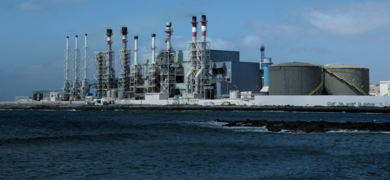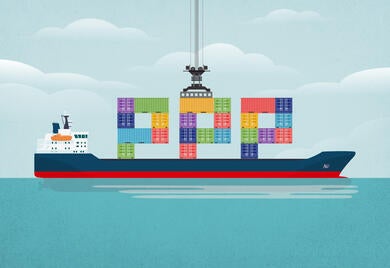
Addressing Water Stress through Public-Private Partnerships in Desalination Projects
The desalination industry offers an effective alternative to respond to water scarcity in the region, especially in a context where it is essential to engage the private sector, and develop and structure effective projects that meet social needs.

